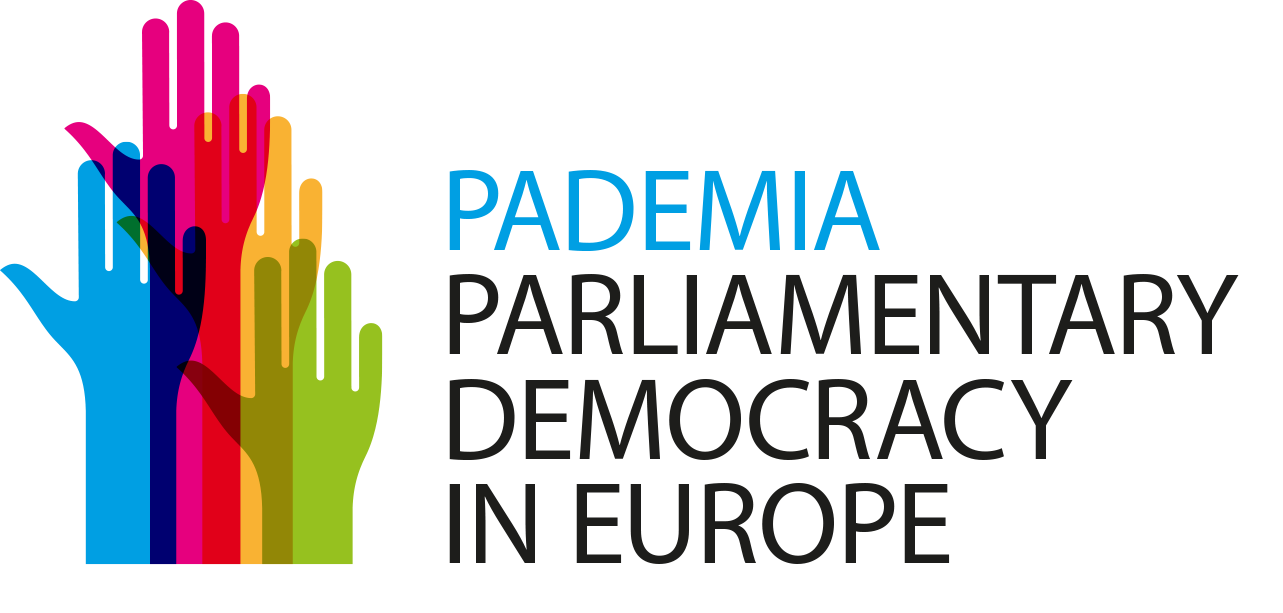From a normative standpoint as well as in very practical terms, the EU’s development as a polity is intrinsically bound to its development as a communicative space. Today, the EU and European politics are more present than ever before in peoples’ lives. Shaping national politics in unprecedented ways they feature prominently in national debates. These quantitative or vertical changes, however, have arguably not led to a Europeanization in qualitative terms if one understands Europeanization to mean a degree of mutual responsiveness and inclusion of foreign actors. Moreover, media representations of the EU as a political system have been strongly biased towards executive bargaining and intergovernmental negotiations as conducted at the EU summits.
This work package assesses the communicative dimension of parliaments in the context of European politics, especially their role in legitimising politics by publicising political processes and democratic decisions. An examination of the potential of political communication addressed at, originating in, or occurring between parliaments to foster an arena for trans-European exchange of information and opinion might involve the following:
– analysing the interaction between the parliamentary arena and the mass media, the central intermediary institutions of modern democracies;
– assessing the way that channels and contents of political communication are transformed by the internet, which renders obsolete the distinction between mass mediated and “personal” communication and allows for new links between the political level, civil society actors and the citizens;
– addressing the difficulty faced by parliaments in maintaining a public presence in the communicative environment of modern media democracies, where attention is, generally, a scarce resource and where the media – particularly in times of crisis – exhibit a bias towards the executive, thereby exacerbating a trend of some describe as a marginalization of national parliaments vis-a-vis executives and intergovernmental decision-making.
To complement the other working packages, a particular emphasis will be put on the question how new mechanisms for greater interaction among national parliaments (yellow card procedures etc.) as well as the “European condition” (common recession/austerity) are translated (if at all) into public knowledge by the news media which – in the absence of any significant European media – remain predominantly nationally organised.
This WP will organise two workshops as well as conference panels within the network. Research output relating to this WP will be published in the online paper series of the network and will be made available on the network’s website.
